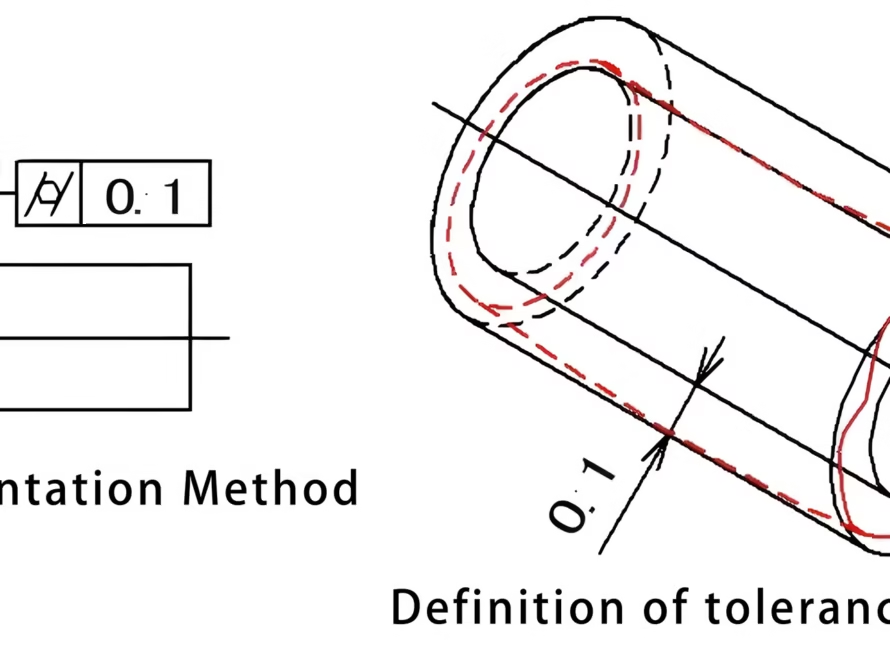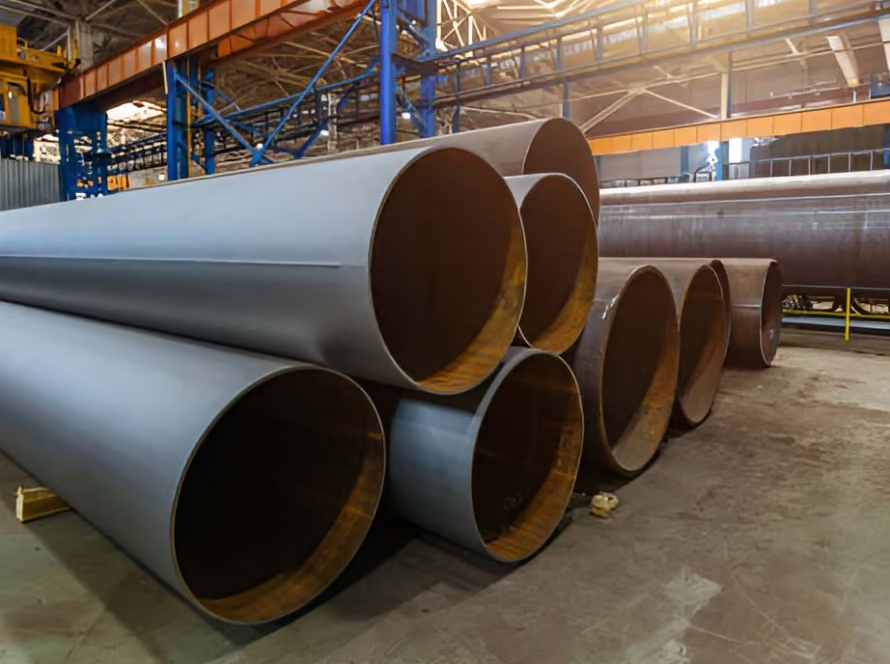What is Wall Thickness Deviation?
Wall thickness deviation refers to the variation in the thickness of a material’s walls from their intended or nominal measurements. This deviation can occur in various manufactured products, including pipes, tubes, and sheets, and is a critical factor when the application demands precision and uniformity. At TORICH, we understand the importance of maintaining consistent wall thickness to ensure the reliability and performance of the final product.
What Causes Wall Thickness Deviation?
Several factors can lead to wall thickness deviation:
-
Manufacturing Process: Variations can arise during production due to machine settings, material flow, or inconsistencies in raw materials.
-
Tooling Wear: The tools used in manufacturing can wear down over time, affecting the precision of the cuts and thus causing deviations.
-
Temperature Fluctuations: Changes in temperature during production can expand or contract the material, affecting its thickness.
-
Human Error: Inadequate monitoring or errors during setup can lead to unintended variations in thickness.
At TORICH, we continually monitor these factors and implement rigorous quality control measures to minimize their impact on our products.
How to Reduce Wall Thickness Deviation?
Reducing wall thickness deviation is crucial for ensuring that products meet their designed specifications and perform reliably. Here are some methods to achieve this:
-
Precision Machinery: Utilize high-precision equipment and regularly maintain it to avoid errors related to machine wear and tear.
-
Controlled Environment: Maintain stable manufacturing environments, particularly temperature and humidity, to prevent material deformation during production.
-
Regular Calibration: Ensure that all measuring tools and machinery are regularly calibrated to provide accurate and consistent measurements.
-
Quality Control: Implement rigorous quality assurance processes, including real-time monitoring and feedback systems, to detect and correct deviations immediately.
-
Staff Training: Regularly train personnel to minimize human errors and maintain high standards of operation.
At TORICH, we are committed to implementing these strategies to deliver products with minimal deviations and high precision.
Conclusion
Wall thickness deviation is a critical factor in ensuring the performance and reliability of products, especially where precision is paramount. Understanding its causes allows us to put effective measures in place to reduce it, thereby ensuring better quality and consistency. At TORICH, we prioritize the implementation of modern technologies and stringent quality controls to minimize deviations, guaranteeing the satisfaction of our valued customers.






